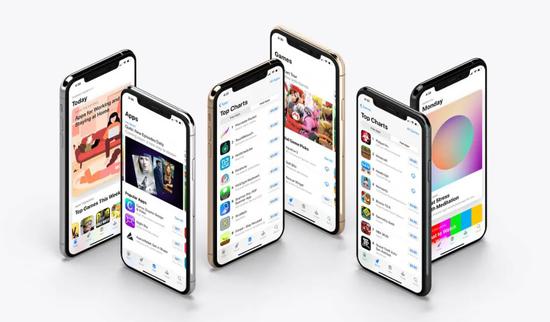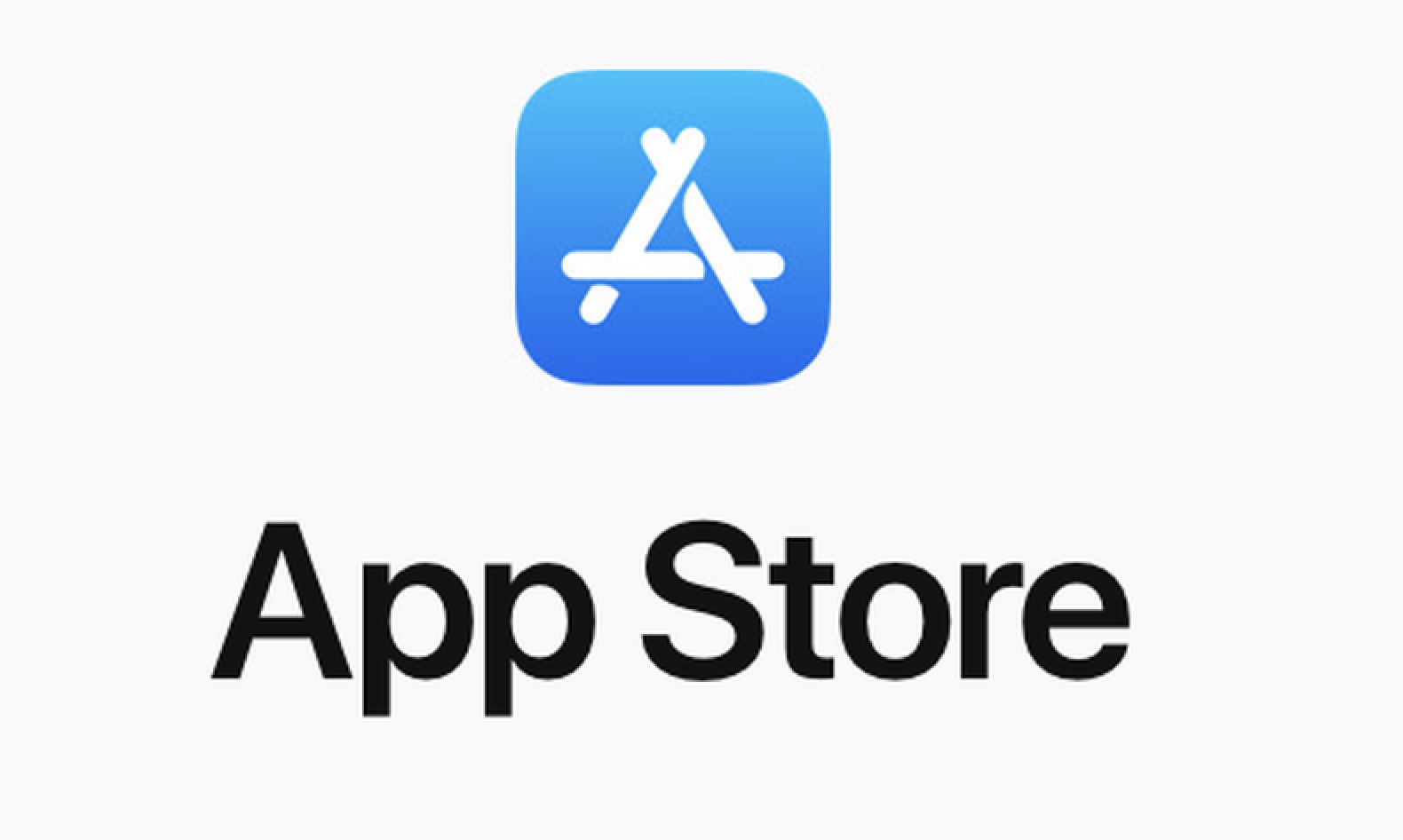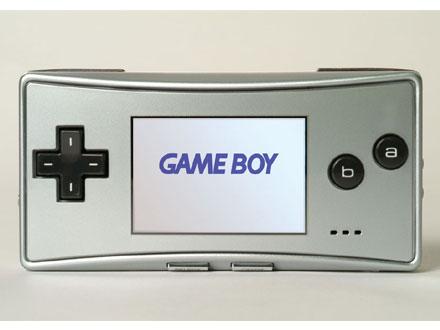IOS APP Store Data Report: Game Makers With an Annual Revenue of Less Than $1 Million Contribute to Only 2% of the Total Revenue
Sensor Tower’s monitoring data shows that for game makers with less than $1 million revenue on APP Store in 2020, their total revenue account for only 2% of that of game APPs in APP Store.
Apple recently announced that it will reduce the commission fee of developers with less than $1 million annual revenue by 50%. Under the new policy, those developers will receive 85% of their revenue, while the commission fee for those with over $1 million revenue will remain at 70%.

Revenue Structure
From January 1st to October 31st, 2020, Sensor Tower surveyed near 29,000 developers who has at least one profitable game. Among those, 940 (3.3% of all developers) leading developers with $38.4 billion revenue accounted for 98% of the APP Store’s total game APPs revenue.
Advertisement
By comparison, nearly 28,000 developers (96.7% of all) have less than $1 million revenue in 2020. With a total of $834 million in revenue, they only account for 2% of total game APP revenue.
If further divided by annual revenue, game makers with less than $1,000 revenue take up about 50%; those with less than $10,000 revenue are 23%. Generally speaking, those with less than $100,000 annual revenue account for 89.8%, but their total revenue is only 0.5% of the total game revenue.
At the same time, the proportion of developers with $1-1.5 million revenue is only 0.6%, accounting for 0.5% of total revenue. Those with revenues of or above $1.5 million take up 2.7%, but their spending is $38.2 billion, accounting for 97.4% of their income. In fact, the proportion of annual revenue of these top developers have been increasing in recent years, standing at 96.4% in 2018 and 97.1% in 2019.
Over the past few years, the issue of “rich-poor divide” among game makers has become increasingly serious. For the whose manufacturers with less than $1 million annual revenue, their proportion of revenue has also been declining.
In 2018, this kind of game makers totaled $955.4 million in annual revenue, accounting for 3% of the total of game APPs. This figure has dropped to $878 million in 2019—2.3% of the total.
It is also worth noting that the proportion of developers with less than $1 million annual revenue has been decreasing each year. In 2018, more than 98% of game makers had less than $1 million revenue; by 2019, that proportion has shrunk to 97.3%; and according to the data since early 2020, the figure has fallen to 96.7%.
 Non-game Developers Analysis
Non-game Developers Analysis
As for non-game developers, Sensor Tower’s data shows that about 98.4% of them have a total revenue of less than one million dollars in 2020, taking up 10.2% of their subscribers’ spending. Same with game makers, the proportion of non-game developers with less than $1 million annual revenue has been declining each year— 11% in 2019 and about 14% in 2018.
If an overall analysis is conducted to the 112,000 game makers that make profits on APP Store in 2020, those with less than $1 million revenue in 2020 take up 97.5 %, accounting for only 4.8% of APP Store’s total, which amount to $59.3 billion from January to October this year. In 2019, they accounted for 5% of the total revenue, compared to 6.2% in 2018.
Can the Discount in Commission Make a Difference?
In general, Apple’s decision to reduce the percentage of small developers’ dividends to 15% is a significant shift from its previous policy. Although this has little impact on its profit base, it is enough to make waves in the market, and will make other platforms to follow suit.
However, the majority of revenue of APP Store still come from developers with more than $1 million annual revenue, and this is even more obvious for gaming APPs. Apple’s commission strategy remains unchanged for these top ones. So, only time will tell if this change will gradually change the entire ecosystem of APP Store or not.
OTHER NEWS
-
- Rough user portraits of Gen Z mobile game players
- By Heather 11 Nov,2020

-
-
- A Game Boy that can be played forever without charging
- By Sharon 30 Nov,2020

-
- Southeast Asian ride-hailing giant Grab
- By Elizabeth 8 Nov,2020

-
- PlayStation 5 Trophies May Be Updated, Players May Have More Rewards
- By Alan 23 Oct,2020

-
-
- Will Mathematician Be Replaced by AI?
- By Kathleen 9 Nov,2020

-
- A Bionic Four-Winged Bird-Wing Helicopter Drone Will Bring Revolution
- By Martha 7 Dec,2020

 1
1 1
1